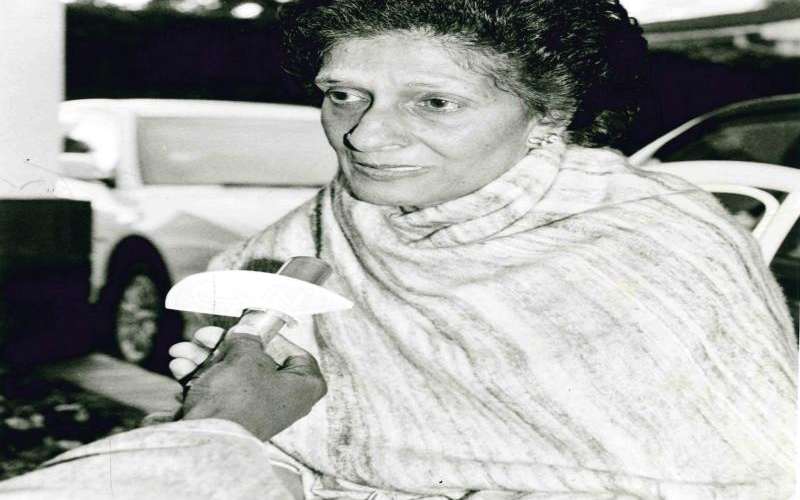×
The Standard e-Paper
Home To Bold Columnists

Gulzar AbdulKarim Popat. [File, Standard]
The jury is still out on whether wills left by the deceased are foolproof ways to avoid protracted property disputes among kin.